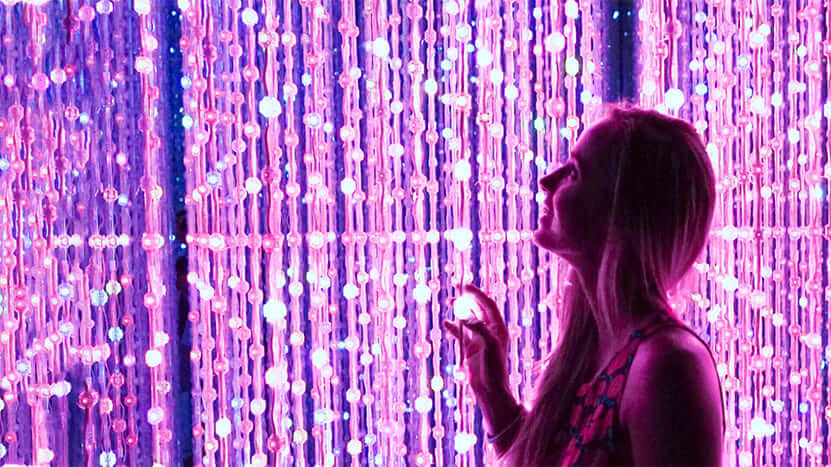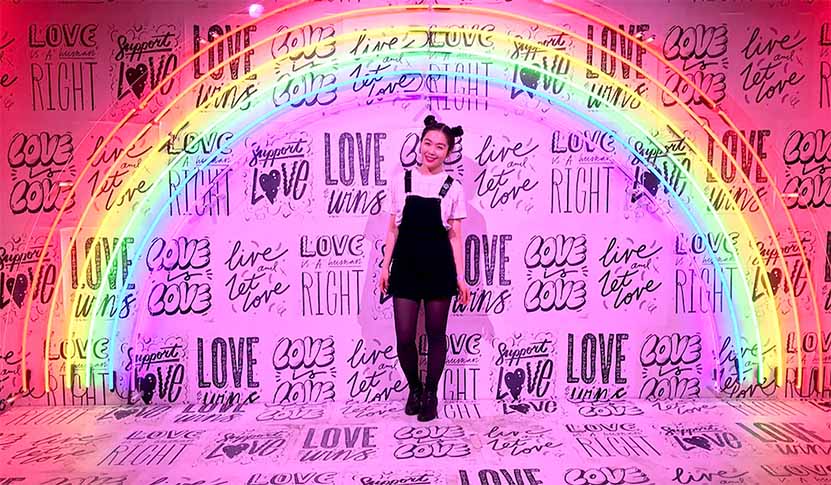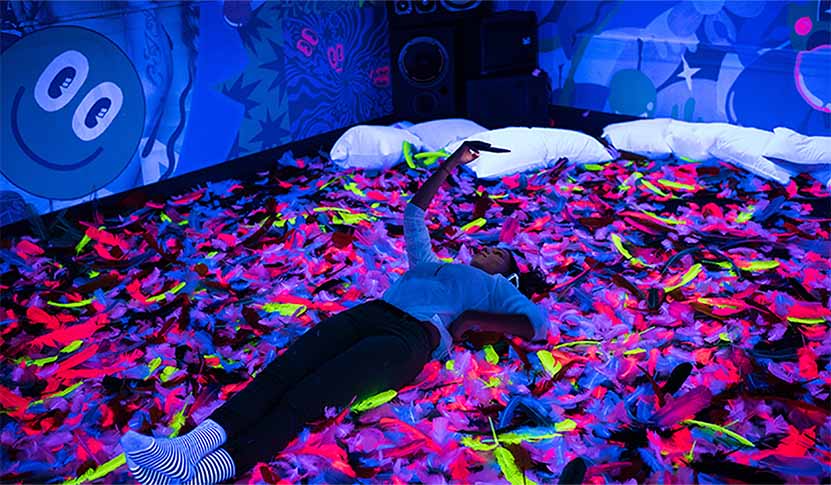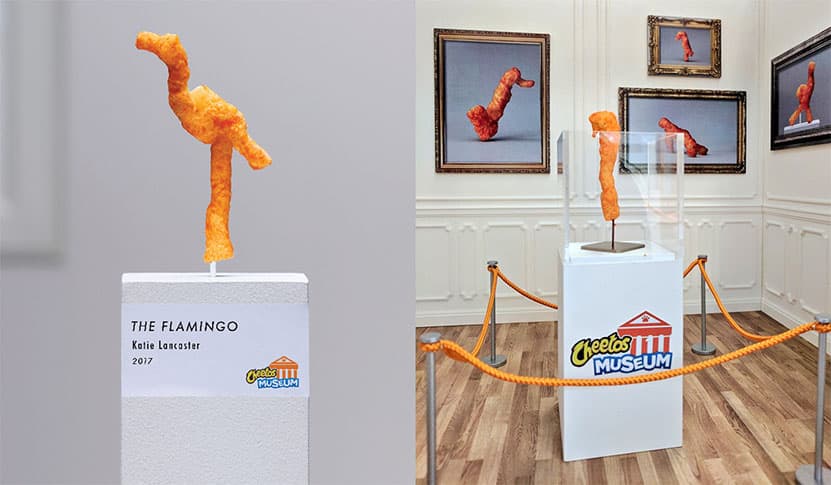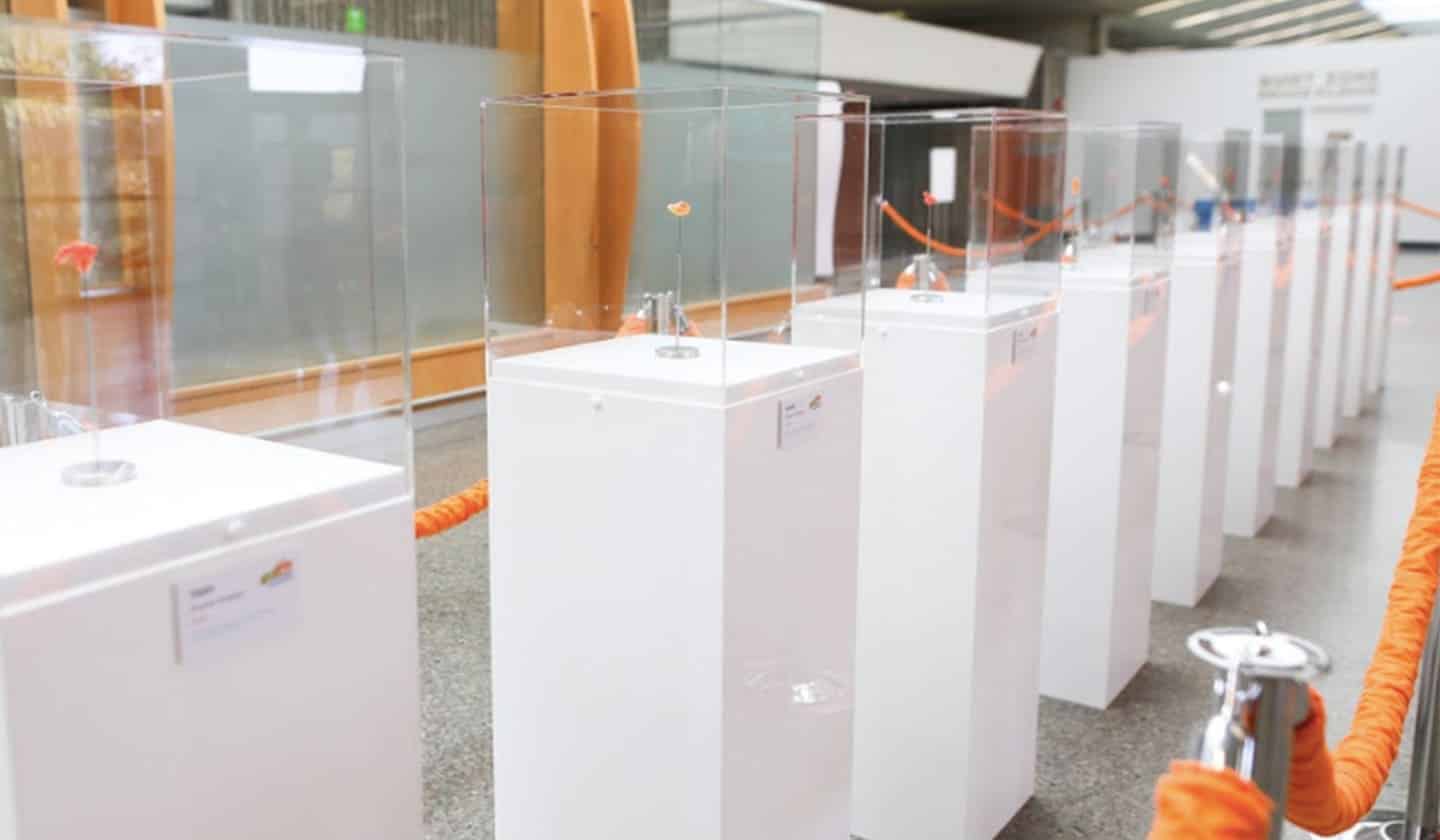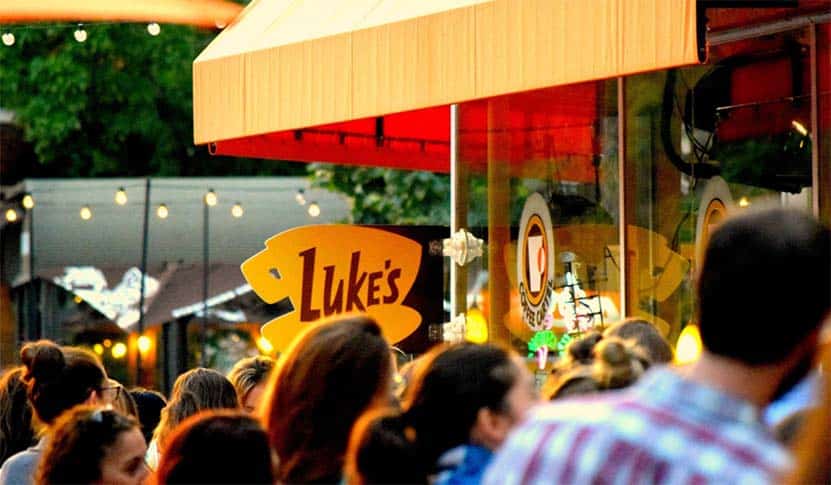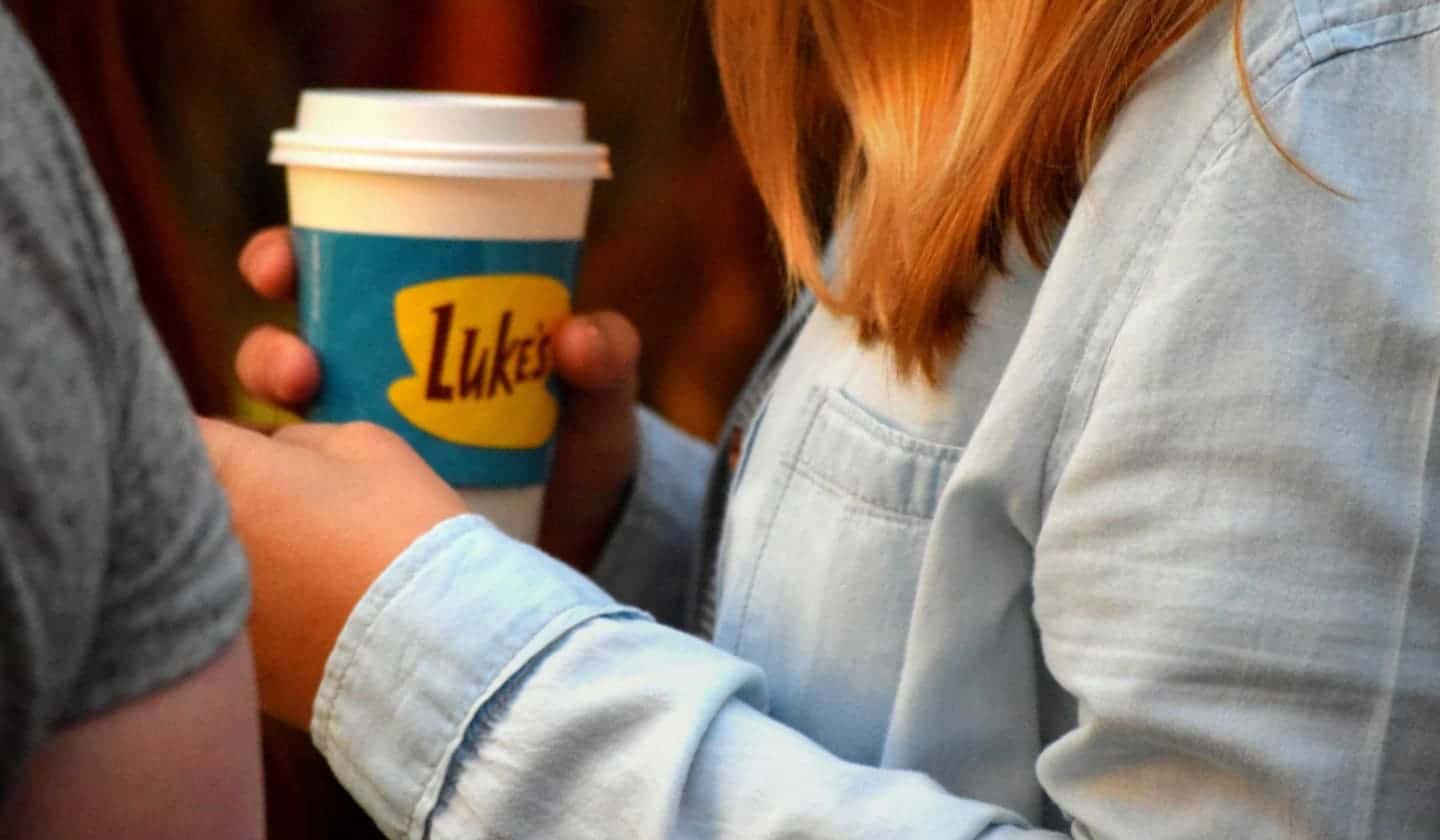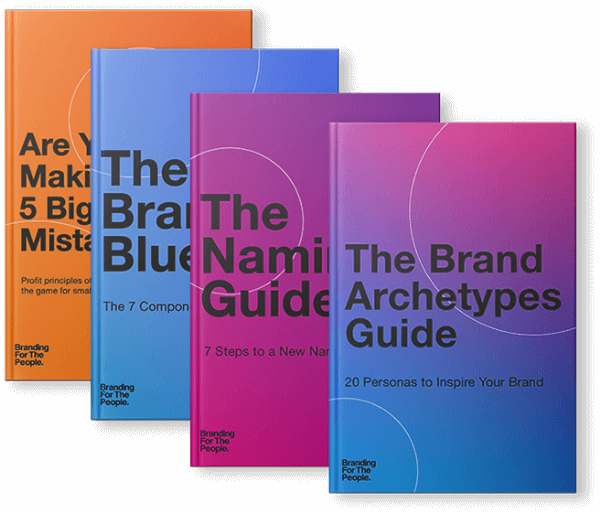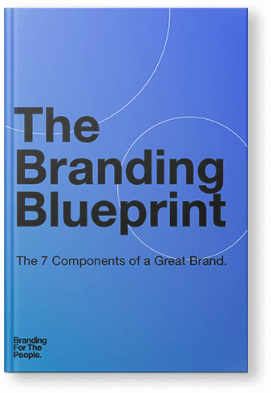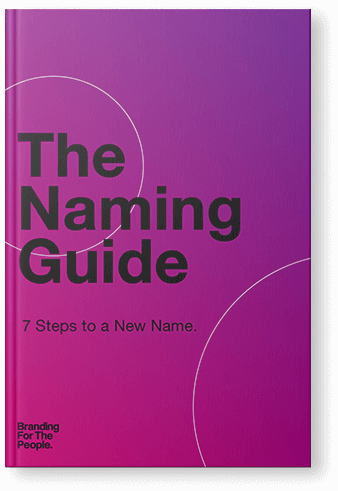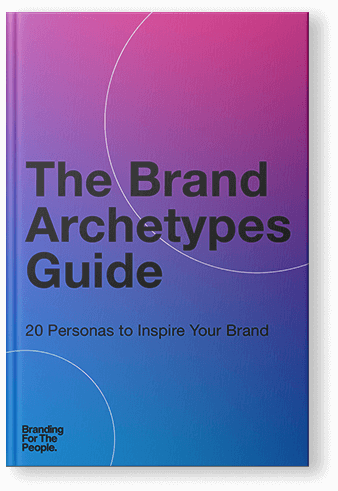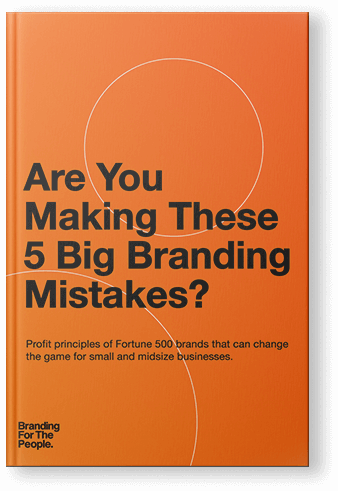Experiential Marketing, also called Engagement Marketing, is a strategy that encourages active engagement from the consumer. It’s not a new concept, it’s become larger and more creative over the years, thanks especially to Instagram. We’ll explain the idea behind it and three examples.
How does experiential marketing work?
Modern customers have become more savvy or even somewhat immune to blunt, directive messaging. It’s everywhere, and the mind has to filter somewhere.
In response, brands have picked up on ways of actively engaging consumers in their creation, personalization, and experience. Creating something gives customers something to own, to take pride in, and, importantly, to show off on social media.
The key is striking a balance between providing an experience for the customer and creating something they truly invest in and share. Here are three of our favorite recent examples.
29Rooms
29Rooms is the oft-cited example of experiential marketing. It’s an interactive art installation Refinery29 created in celebration of their 10th anniversary. Refinery29 is a digital media company with a mostly young, mostly woman audience, and that audience (generally speaking) loves sharing content visually through Instagram.
This exhibit brings visitors, but also brings high-profile collaborators like Kesha and Lena Waithe. Because of this, the primary audience has a sense of being a part of something with their heroes and brings them closer to feeling like potential peers.
Cheetos Museum
On a more lighthearted note, Cheetos put together the Cheetos Museum as a playful repository for the different shapes customers find in their snacks. Fans won prizes. The exhibit itself mimicked other art installations, like the Cheetos infinity room. If you’re already a fan of Cheetos, there’s nothing like having your own discovery on display in a hall composed of 128,900 of them.
Luke’s Diner
Luke’s Diner is a location featured in beloved TV show Gilmore Girls. When the show came back on the air, marketers created the idea of having fans literally interact by going to visit a pop-up version of the location. With decor and accessories from the show, it creates a mini version of an experience like that of Disneyland — a moment where you can pretend to be part of your favorite show.


